The novel had imparted quite a nasty shock at an impressionable age, hopefully the real-life drama will play out on a happier note for the sake of India and Indians.
Key takeaways (yes we know, the following are all anecdotes):
(1) Indian elites are really really shallow (as expected). To them Hindutva is a visit to the mandir a few times in their lives, on happy occasions as well as sad, and sometimes because your bike ran out of gas (as you were on a solo trip to Rhotang pass) and you saw an abandoned temple by the road-side and you were gullible enough to believe some made-up story about how the Devi appeared in a vision one night.
So do businessman Vipul and Shilpi Sharma, both 33…..Long-term
BJP supporters, the Sharmas are not attracted by the nationalism, or
the religious revivalism that is part of the party’s ideological
heritage, but because “India has been under-performing” at home and
abroad during the last decade of Congress government. Shilpi believes
that with Modi in charge she will have a better chance of realising her
dream to have a holiday in Europe, the UK or Canada.
(2) India’s poor are really, really idealistic. They are politically aware, and do have lot of expectations from the government (why not?) and they have hopefully lost the humbleness that you have to bow before the king throws a bit of alms your way. They are the first pillar of democracy. If the revolution ever comes, they will be slaughtered to the last (wo)man, and this will be explained away by the need to lose memories of the poor.
Sanjeev Pal …has rent to pay, loan instalments on his new car to
meet and a family to look after back in his village 500 miles away. Time
is tight.
Not tight enough to stop him voting though. “This was a
duty, not a right only. We had to pick the best man to represent us,”
the father-of-two said.
That man, according to Pal, is Narendra Modi…. Analysts say the
election is the most significant in India for decades, possibly since the country won its independence from Britain in 1947.
This alone has
already fulfilled one of Pal’s hopes. “This country needs someone who
can get things done. And that leader needs to be strong, with real
authority.”
For the moment, Pal the taxi driver is
relieved to be a little less worried about the future now than he was a
month ago. “I know where Modi came from. Only a man who has been poor
can really understand what being poor means,” he said.
(3) The para (not very well supported) that is likely to send Pankajists (hey Omar, look at me!!!) into a bout of hysterics.
This is what they fear most, millions of upwardly mobile neo-Hindus, who are corrupted by the Satan of a system in which at the end there will be a few winners and the rest will all lose out.
Even among the most deprived, sensibilities are changing. The desire
for a hand-up rather than a hand-out, particularly among those who are
only just beginning to see their standard of living improve, is a
significant factor, say political scientists. “A lot of the dole
programmes are very popular, but just not enough any more,” said Milan
Vaishnav, of the Carnegie Endowment for International Peace. “Migration,
cellphones and economic growth have reshaped the realm of the
possible.”
(4) The young voted for Modi and how
The biggest
election winner for the BJP may have been young people. Around 100m
voters cast a ballot for the first time and some pollsters estimate that
up to 90% of 18 to 25 year olds, increasingly urbanised, aware and
aspirational across the country, voted
for Modi. In one Dwarka coffee bar, Sartak Menon, 20, said the new
prime minister “aims to give the youth and the poor more power to have a
better lifestyle”.
(5) The tentacles of caste are loosening, especially in urban areas (which will become much more prominent in terms of vote-shares)
Another
factor is the decline of caste, the tenacious Indian social hierarchy
which still determines the status of hundreds of millions. The realities
of living in overcrowded Indian cities or zones like Dwarka have made
reinforcing social separation and discrimination through rituals or
violence much harder. Pal said that, though he previously always voted
for a party representing lower castes such as his own, he was not even
aware that Modi was from a similar community.
(6) So, what can possibly go wrong?
Over half of all
respondents in a poll published in the India Today news magazine said
Modi represented the national interest and the people’s aspirations, but
the proportion among Muslims, who number around 140 million in India,
was only 16%.
As Arundhati Roy explains (convincingly), the fear is misplaced, muslims will not be killed any more. Indeed on this count the BJP record may actually turn out to be superior than that of the secular armies…..just because the world will be watching very closely. It will be the tribals that will get knocked up…and very few people will care about that.
….
On the ragged edges of a fast-changing city, Sanjeev Pal is a
man on the move. The taxi driver has little time these days to stop and
talk politics. He has rent to pay, loan instalments on his new car to
meet and a family to look after back in his village 500 miles away. Time
is tight.
Not tight enough to stop him voting though. “This was a
duty, not a right only. We had to pick the best man to represent us,”
the father-of-two said.
That man, according to Pal, is Narendra Modi,
the 63 year-old provincial politician who, with 31% of votes cast in a
record turnout, won a landslide victory this month. Analysts say the
election is the most significant in India for decades, possibly since the country won its independence from Britain in 1947.
On
Monday, Modi will be inaugurated as his nation’s 18th prime minister.
From relative political obscurity, the former tea-seller has risen to
the highest executive office in this developing, troubled nation of 1.25
billion people. His Hindu nationalist Bharatiya Janata party now
commands a crushing majority in the lower house of parliament. The
Congress party, in power for all but 18 of the 67 years since
independence, has been reduced to a historic low.
This alone has
already fulfilled one of Pal’s hopes. “This country needs someone who
can get things done. And that leader needs to be strong, with real
authority.”
Pal lives and works in Dwarka, a new town that has
sprung up over the last 20 years on the outer rim of Delhi, the
sprawling Indian capital which is home to 17 million people. Dwarka is a
zone of transition. Less than a generation ago, it was just fields and
scrub. Now there are a million people living in rows of apartments
blocks, short of water but served by scores of private schools, malls, a
luxury hotel, a metro line, dusty parks and the occasional temple.
Fruit-sellers hawk mangos outside air-conditioned coffee bars and carts
laden with buffalo dung cakes used for fuel hold up Audi SUVs.
It
is the rapid and traumatic change leading to such contrasts that
explains the BJP’s win, and has given rise to the enormous expectations
now centred on Modi. A sharp economic slowdown after decades of boom has
only sharpened the hope that, as the new prime minister told campaign
meetings, “good days are coming”.
Despite the buffaloes, Dwarka is
part of the West Delhi parliamentary seat, an urban constituency. In
elections a decade ago, there were only 120 such seats out of 543. Now
there are 180, according to Rajeev Karandaikar, a statistician and
election specialist at the Chennai Mathematical Institute, plus at least
another 100 which are semi-urban. For the first time, the BJP’s vote
share across cities and India’s vast countryside was similar, a
significant reason for the party’s success.
“There
was enormous support for Modi and deep anger at Congress. There was a
definite swing across all social and economic categories,” said
Karandaikar.
In the capital, Congress lost in every seat. In West Delhi, Parvesh Verma,
a debutant 36-year-old BJP candidate, beat a Congress veteran by
460,000 votes out of 1.3m cast. The newly formed Aam Aadmi, or common
man party, came second. “Everybody – Muslims, Hindu, ladies, boys –
wanted a strong government and a strong prime minister. People have
faith in Mr Modi. He has a clear vision for the country and he will
definitely deliver,” Verma said. The new MP’s father was once chief
minister of Delhi, a reminder of how politics in India is often a family affair.
Vinay
Mishra, the son of the outgoing Congress MP and an organiser of his
61-year-old father’s unsuccessful campaign, blamed “anti-incumbency” –
the traditional reaction of Indian voters against those in power – as
well as a “communication gap between the government and the common man”.
Mishra, 31, diplomatically avoided blaming Rahul Gandhi, the scion of
India’s most famous political dynasty and the face of the Congress
campaign, preferring to suggest the 43 year old Cambridge-graduate had
been badly advised.
If a general sense of instability, insecurity
and drift helped bring Modi to power, the desire for rapid progress,
order and direction is likely to now prove an immense challenge for the
new prime minister.
Pal, the taxi driver, believes that Modi, who is
seen as having brought development to the state of Gujarat while in
power there from 2001 until last week, can do the same on a national
level.
So do businessman Vipul and Shilpi Sharma, both 33. The
couple commute from Dwarka, driving three hours everyday to work in the
booming hub of Gurgaon, 15 kms away. Vipul runs a business. Shilpi works
for a multinational. With their Hyundai and top-of-the-range
smartphones, they are part of what overseas analysts call the Indian
middle class and poorer locals call simply “rich people”.
Long-term
BJP supporters, the Sharmas are not attracted by the nationalism, or
the religious revivalism that is part of the party’s ideological
heritage, but because “India has been under-performing” at home and
abroad during the last decade of Congress government. Shilpi believes
that with Modi in charge she will have a better chance of realising her
dream to have a holiday in Europe, the UK or Canada.
The biggest
election winner for the BJP may have been young people. Around 100m
voters cast a ballot for the first time and some pollsters estimate that
up to 90% of 18 to 25 year olds, increasingly urbanised, aware and
aspirational across the country, voted
for Modi. In one Dwarka coffee bar, Sartak Menon, 20, said the new
prime minister “aims to give the youth and the poor more power to have a
better lifestyle”.
According to Indian government statistics, about a
fifth of Indians live in poverty, down from more than a third in 2004.
Even among the most deprived, sensibilities are changing. The desire
for a hand-up rather than a hand-out, particularly among those who are
only just beginning to see their standard of living improve, is a
significant factor, say political scientists.
“A lot of the dole
programmes are very popular, but just not enough any more,” said Milan
Vaishnav, of the Carnegie Endowment for International Peace. “Migration,
cellphones and economic growth have reshaped the realm of the
possible.”
Vaishnav points to a blurring of the divide between
town and country in India, and says surveys show voters everywhere share
the same preoccupations of jobs, corruption and price rises.
Another
factor is the decline of caste, the tenacious Indian social hierarchy
which still determines the status of hundreds of millions. The realities
of living in overcrowded Indian cities or zones like Dwarka have made
reinforcing social separation and discrimination through rituals or
violence much harder. Pal said that, though he previously always voted
for a party representing lower castes such as his own, he was not even
aware that Modi was from a similar community.
On the very edge of
Dwarka, where fields meet cement, Choudhury Dilichand, a retired teacher
said he voted Congress at the election. The 73-year-old, who recently
sold six acres of land bought for a pittance in his village 20 years ago
for millions of dollars, said the scale of BJP’s victory was easily
explained.
“The young people voted for Modi because he is honest
and there is hope that something can be done for jobs and development
and so on. If Modi can keep clean people only in government, then
something can be done. But if he can’t, then there will be problems,”
Dilichand said.
Some observers voice concerns. Since taking power
Modi has signalled a policy of conciliation abroad and unity at home,
but fears remain that if the new prime minister cannot fulfil the huge
expectations of his countrymen, he or his party could be tempted to
shift to the right.
The very factors underpinning his victory
could make this a tempting strategy to adopt. Over half of all
respondents in a poll published in the India Today news magazine said
Modi represented the national interest and the people’s aspirations, but
the proportion among Muslims, who number around 140 million in India,
was only 16%.
By 2050, at least half a billion people in India are
predicted to move from rural areas to towns and cities, fundamentally
changing the nature of the country. Many will end up in places like
Dwarka.
“The traditional hypothesis is that urbanisation is part
of a modernisation process, which involves an inevitable moving away
from traditional affiliations of community such as religion and caste,”
said Vaishnav.
But it is also possible that the dislocations
associated with rapid change can lead to communities consolidating and
this can provide an opportunity for politicians “harping on those social
cleavages”, he said.
For the moment, Pal the taxi driver is
relieved to be a little less worried about the future now than he was a
month ago. “I know where Modi came from. Only a man who has been poor
can really understand what being poor means,” he said.
…….
Link: http://www.theguardian.com/world/2014/may/25/narendra-modi-inauguration-huge-expectations/
…..
regards
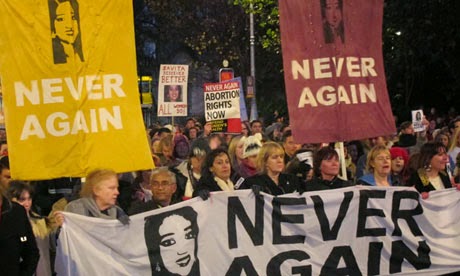
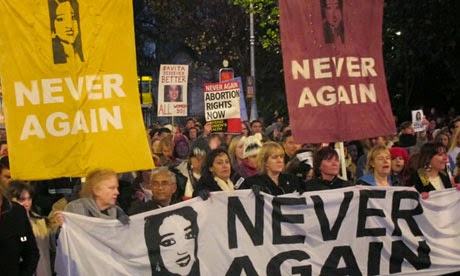
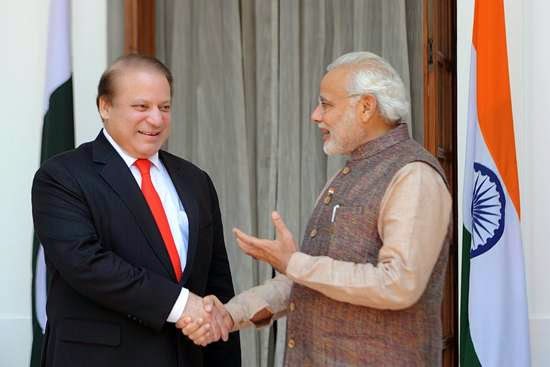
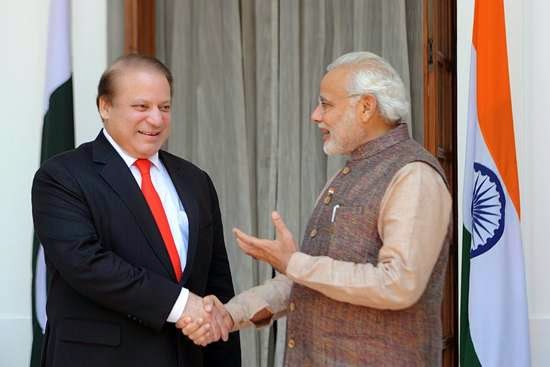
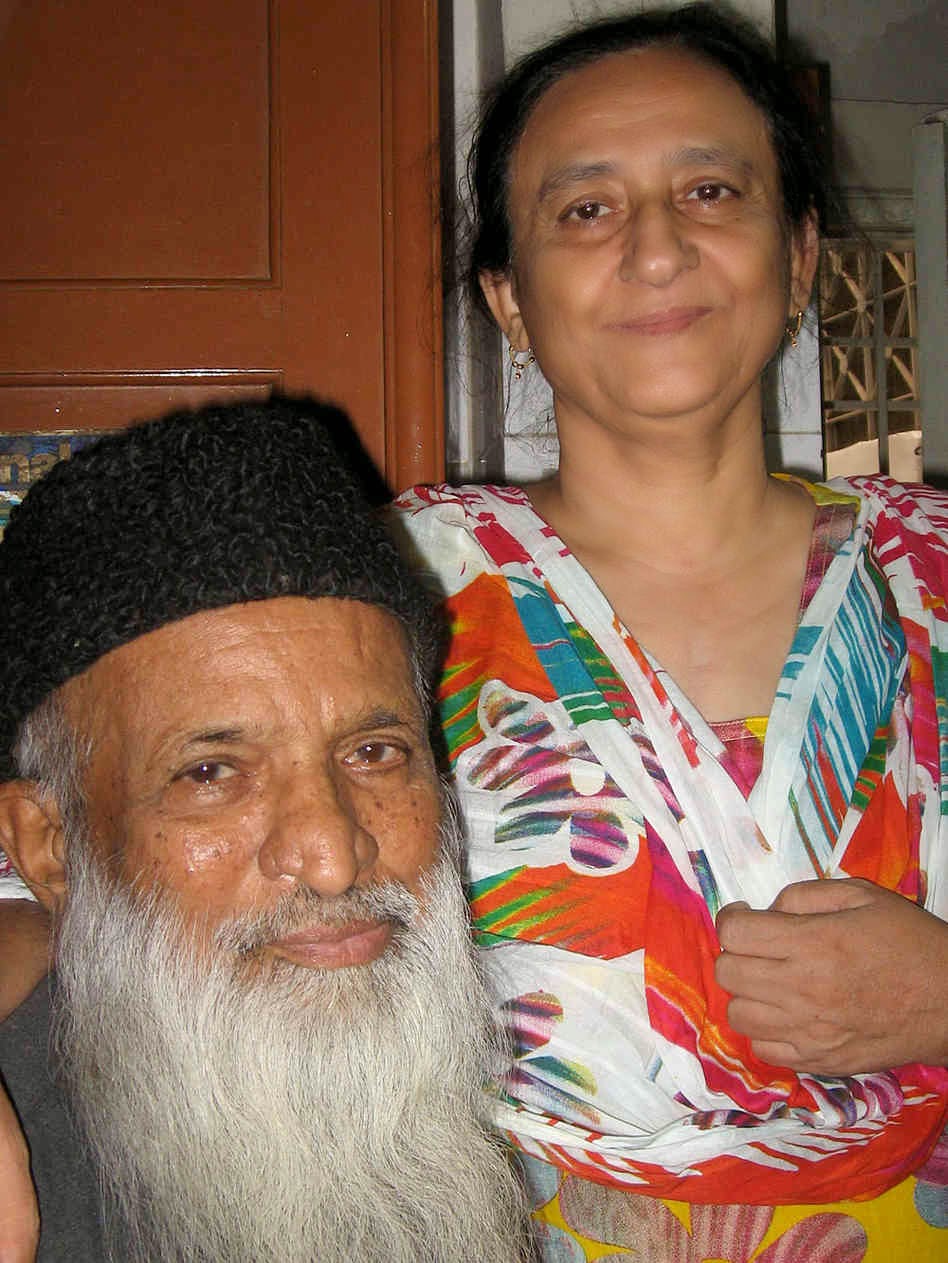
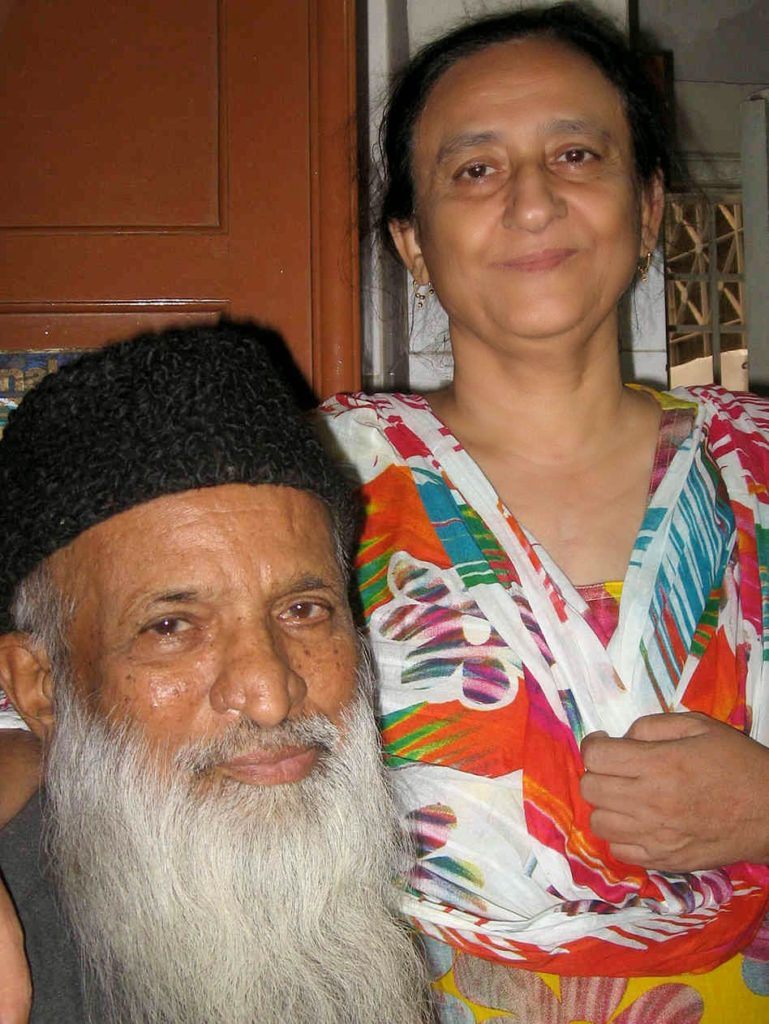
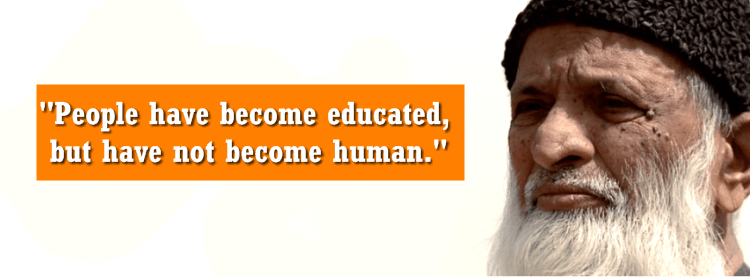
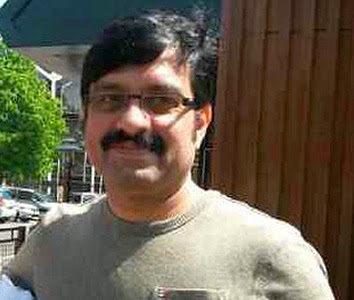
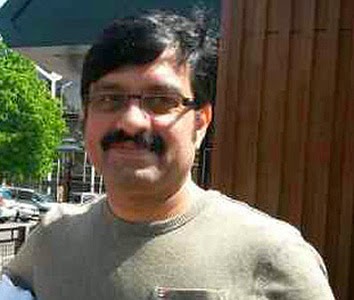
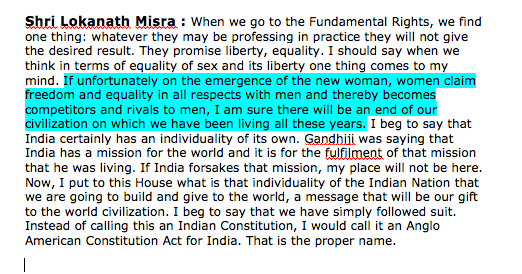
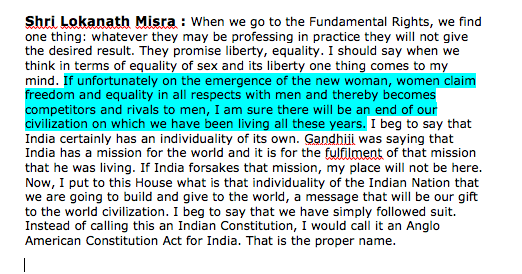
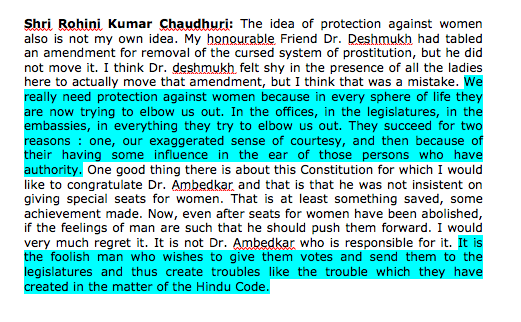
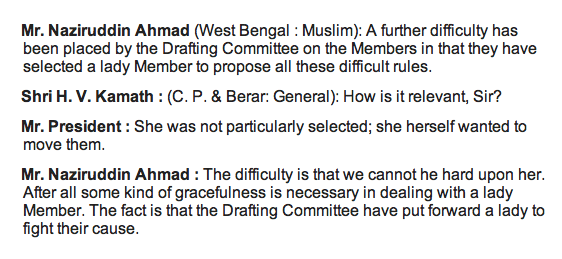
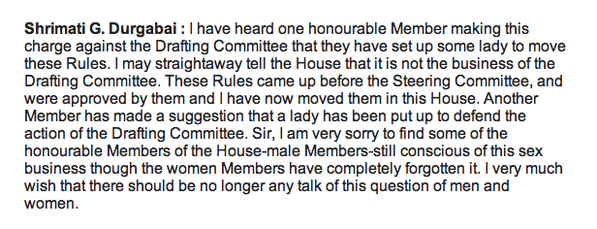
grieving heart that one of our Pakistani community member, a friend of
mine, an intelligent person, a friendly guy and a poet with a very soft
and romantic heart, Dr. Mehdi Ali Qamar has been assassinated in
Pakistan a couple of days ago.
Dr. Mehdi was on a visit to Pakistan
with his wife and kids and had gone to graveyard of his ancestors to say
prayers for them when two persons on a motorcycle opened fire on him.
Dr. Mehdi died in front of his family.
This will be a very shocking news to the Pakistani community of Ohio,
he was well known to a lot of us. Our prayers are with the family and
hope the assassins of Dr. Mehdi will be captured and brought to justice
swiftly.
President CAPA
………
Link (1): http://www.dawn.com/news/1108902/murder-in-rabwah
Link(2): http://capaohio.wordpress.com/2013/08/18/capa-ohio-arranged-a-community-picnic-to-celebrate-pakistans-66th-birthday/
…….
regards